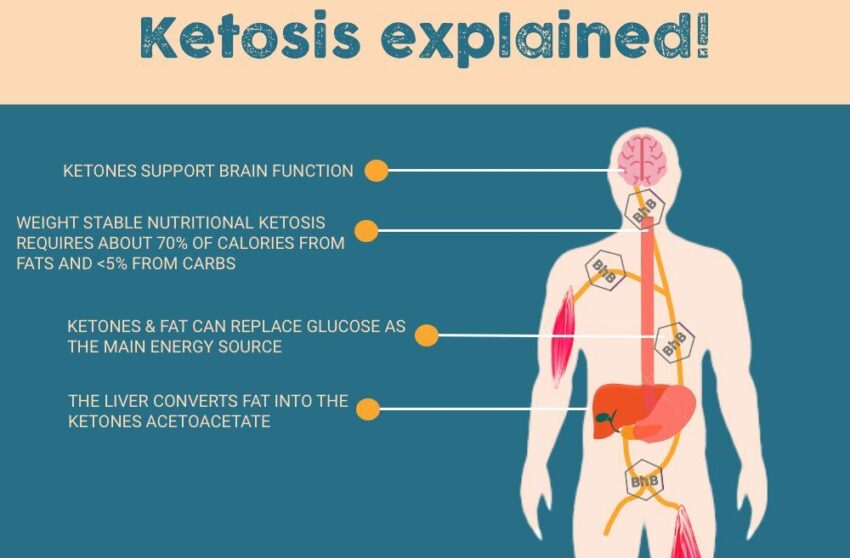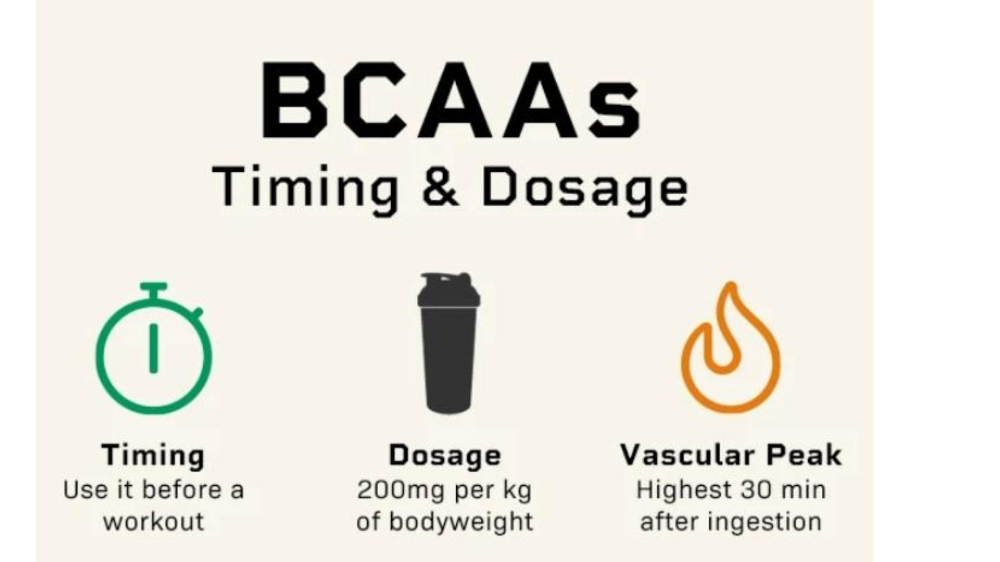Understanding Ketosis
What is Ketosis?
Ketosis is a metabolic state in which the body relies primarily on fat for fuel instead of carbohydrates. It occurs when carbohydrate intake is restricted, leading the body to break down fat stores into ketone bodies for energy production.
How is Ketosis Achieved?
Ketosis is typically achieved through a low-carbohydrate, high-fat diet, often referred to as a ketogenic diet. By drastically reducing carbohydrate intake and increasing fat consumption, the body shifts its primary energy source from glucose to ketones.
What are Ketone Bodies?
Ketone bodies, such as beta-hydroxybutyrate (BHB), acetoacetate, and acetone, are molecules produced by the liver during the breakdown of fatty acids. These ketones serve as an alternative fuel source for the brain and other tissues when glucose availability is limited.
Safety Considerations of Ketosis
Is Ketosis Safe?
For most healthy individuals, ketosis is considered safe when implemented correctly and monitored appropriately. However, certain populations, such as pregnant or breastfeeding women, individuals with certain medical conditions, and those taking specific medications, should exercise caution and consult with a healthcare professional before adopting a ketogenic diet.
Potential Benefits of Ketosis:
Weight Loss: Ketosis may promote weight loss by reducing appetite, increasing fat oxidation, and enhancing metabolic efficiency.
Improved Blood Sugar Control: Some studies suggest that ketosis may improve insulin sensitivity and blood sugar control in individuals with type 2 diabetes.
Enhanced Mental Clarity: Some people report improved mental clarity, focus, and cognitive function when in ketosis, although more research is needed to fully understand these effects.
6. Safety Considerations:
Nutrient Deficiencies: A ketogenic diet may lack certain essential nutrients found in carbohydrate-rich foods, such as fiber, vitamins, and minerals. It’s essential to include nutrient-dense foods and consider supplementation if necessary.
Potential Adverse Effects: Ketosis can cause side effects such as dehydration, electrolyte imbalances, constipation, and the “keto flu,” which includes symptoms like fatigue, headache, and nausea during the initial transition phase.
Common Side Effects of Ketosis
Dehydration and Electrolyte Imbalances
Reducing carbohydrate intake can lead to increased water loss and electrolyte excretion, potentially resulting in dehydration and electrolyte imbalances. Consuming adequate fluids and electrolytes is crucial to prevent these side effects.
Gastrointestinal Symptoms
Some individuals may experience gastrointestinal discomfort, including constipation, diarrhea, and bloating, when transitioning to a ketogenic diet. Increasing fiber intake and staying hydrated can help alleviate these symptoms.
Keto Flu
During the initial transition phase into ketosis, some people experience flu-like symptoms, including fatigue, headache, dizziness, irritability, and nausea. These symptoms are often temporary and can be mitigated by staying hydrated, consuming electrolytes, and gradually adapting to the ketogenic diet.
FAQs (Frequently Asked Questions)
Can anyone achieve ketosis?
While most healthy individuals can achieve ketosis through dietary modifications, some people may find it more challenging or may not respond well to a ketogenic diet. Factors such as metabolic flexibility, insulin sensitivity, and individual differences in carbohydrate tolerance can influence ketosis.
How long does it take to enter ketosis?
The time it takes to enter ketosis varies from person to person and depends on factors such as carbohydrate intake, metabolic rate, and activity level. Generally, it takes 2-7 days of strict carbohydrate restriction to achieve ketosis.
Are there different types of ketogenic diets?
Yes, there are various types of ketogenic diets, including standard ketogenic diet (SKD), targeted ketogenic diet (TKD), and cyclical ketogenic diet (CKD). These diets differ in their carbohydrate intake, timing of carbohydrate consumption, and targeted goals.
Can ketosis be maintained long-term?
While some individuals may choose to maintain ketosis long-term for weight management or therapeutic purposes, sustainability and adherence can be challenging for others. It’s essential to consider individual preferences, health goals, and potential long-term effects when following a ketogenic diet.
Are there health risks associated with ketosis?
While ketosis is generally considered safe for most individuals, there are potential health risks and considerations to be aware of, including nutrient deficiencies, electrolyte imbalances, and potential adverse effects on certain medical conditions or medications. It’s crucial to consult with a healthcare professional before starting a ketogenic diet, especially if you have underlying health concerns.
Can ketosis cause ketoacidosis?
Ketosis and ketoacidosis are two distinct metabolic states. Ketosis is a natural physiological process characterized by the production of ketone bodies, whereas ketoacidosis is a dangerous condition associated with uncontrolled diabetes or alcoholism, characterized by extremely high levels of ketones and acidity in the blood. Ketosis in the context of a well-formulated ketogenic diet is not the same as ketoacidosis and is not typically associated with significant health risks in healthy individuals.
Conclusion
Ketosis, achieved through a low-carbohydrate, high-fat diet, can offer potential benefits for weight loss, blood sugar control, and cognitive function. While ketosis is generally considered safe for most individuals when implemented correctly, it’s essential to be aware of potential side effects, safety considerations, and individual variability. Consulting with a healthcare professional before starting a ketogenic diet and closely monitoring your body’s response can help ensure a safe and effective experience with ketosis. By understanding the science behind ketosis and addressing common questions and concerns, individuals can make informed decisions about incorporating ketosis into their health and wellness journey.




